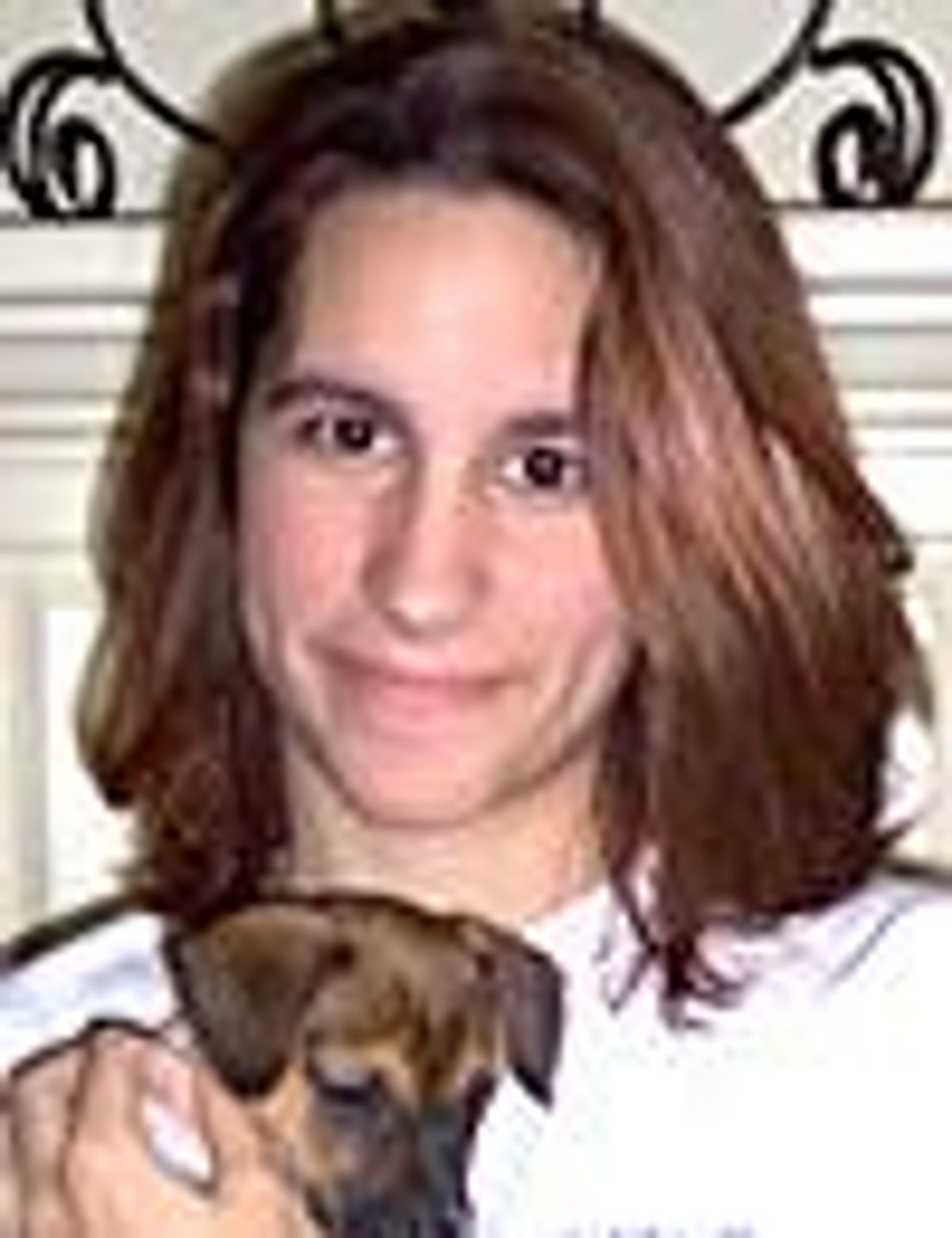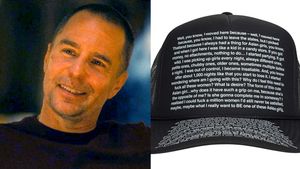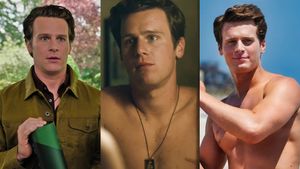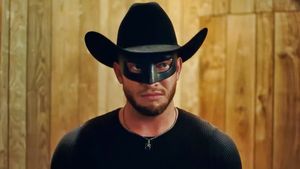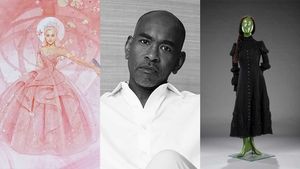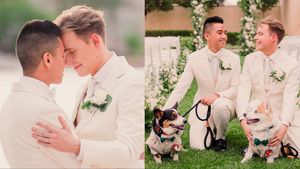This is the fourth in a series of Advocate
dispatches from the Equality Ride. Sponsored by
Soulforce, the ride is taking 33 young LGBT
activists on a nationwide tour of college campuses with
policies that call for ejecting openly gay and
lesbian students. Its first three
stops--Jerry Falwell's Liberty University
in Lynchburg, Va.; Regent University in Virginia
Beach, Va.; and Lee University in Cleveland,
Tenn.--led to a lot of constructive dialogue as
well as some arrests for
"trespassing." This dispatch was written
by Equality Rider Rachel Powell.
Weeks before our
planned March 20 visit to Tulsa, Okla., I could tell
that the Soulforce Equality Ride visit to Oral Roberts
University would not be pleasant. Fellow rider Nathan
and I exchanged phone calls back and forth each time a
new letter came from ORU vice president Ralph Fagin,
and we kept considering how to respond to Fagin's
repeated statement that "our campus will not be
available to your group." Still, we on the
Equality Ride pledge to continuously attempt to dialogue
until the very day we arrive on campus, so I held out
hope.
We drove into
Tulsa on the Sunday night before our visit to the school
and realized that we were now facing two demands to turn
away: the first from VP Fagin, the second from the
weather. The forecast for our Monday visit: high of 44
degrees, 90% chance of rain. Knowing that
discrimination against LGBT students is worse than any
weather condition, we drove our bus out to Helmerich
Park Monday morning to greet the 36-degree air and
light mist.
Police presence greeting Equality Riders at Oral Roberts University.
We arrived at the
park and met with a few Oklahoma residents who had also
braved the weather to come out and stand with us at ORU.
Nathan did a run-down of the nonviolent training while
I met with Captain Tim Jones of the Tulsa Police
Department. He offered me a short tour of the ORU
campus, at least the area we would be allowed to be on.
We made light
conversation as he drove the mile from the park to the
campus, and when he parked across the street from campus, I
studied what was becoming the usual for the ride:
police tape about three feet into campus from the
road, cones and barricades, and about 20 officers in
uniform.
After returning
to the park and getting everyone on the bus, we drove to
ORU and parked temporarily while an ORU representative and a
Tulsa police representative spoke a few words to us.
The Tulsa cop gave us the usual warning that they must
uphold trespassing laws, but the ORU representative
surprised us with his curt warning, which was hardly
longer than his statement: "We love you, but
don't come on our campus."
The riders filed
out of the bus and onto the sidewalk across the street
from ORU and we began holding our silent vigil. This time we
were equipped with tall posters, each bearing the face
of an individual who had been beaten, killed, or
driven to suicide for being gay, lesbian, bisexual, or
transgender.
Media crush as Equality Riders cross the street to the
campus of ORU and waiting police.
After our vigil
in the harsh cold, Jake, Nathan, and I each spoke a few
words for the media about what the Equality Ride was and why
we were visiting Oral Roberts University. When the
cameras stopped rolling, we knew it was time to make
our stand and to cross the street to bring our message
to campus. One by one, seven riders and two community
members approached the police line, read a positive,
love-inspiring Bible verse, and crossed the line onto
campus.
Each of them was
arrested.
Shortly after
that, the rest of the riders returned to the bus. Over the
next eight hours, the nine arrestees and I waited at the
jail; I am the police liaison for several stops and am
thus required to wait at the jail while the riders are
processed and released. Some riders had lunch and
returned to the hotel to rest or do laundry, and the rest of
the riders met with ORU students at coffeehouses for
private dialogue.
Generally for the
ride, even a day such as this one is ranked a success.
The riders uphold our determination to bring our message to
campus, the media and the locals watching the news see
the way the administrations use the law to prevent
intellectual discourse, and life-changing
conversations are held with students who are willing to make
the journey off campus to talk with us.
So why, even
though we fulfilled our dream of talking with students and
reaching out to those in need, do I feel like our visit to
ORU was the most unproductive so far?
Through talking
with my mentor, I see now that the feeling I have is
because we--the Equality Ride--were practically invisible to
Oral Roberts University and the Tulsa community at
large. Vice President Ralph Fagin shut down our
communication with the school before it even began. We were
told by an ORU student that the Equality Ride Web site had
been banned from the allowed Web sites list on the
university's network. We were separated from
ORU and its students by a major road of flowing traffic.
The weather was hardly conducive to meet-and-greets. Though
we had several news networks attend our vigil, the
television clips and written articles were terribly
short.
Even with
disagreement, there is dialogue. There is the exchange of
information and ideas. There is the possibility that one or
both or all people engaged in dialogue might grow as
people. There is a development of patience, speaking
skills, listening skills, and clarity of thought.
There is hope that we might come to understand each other,
accept each other, and love each other. All of this we
achieved with the Oral Roberts students with whom we
spoke in coffeehouses.
Yet the blatant
indifference we received from the Oral Roberts
administration and the Tulsa community at large
signifies--to me, at least--that what is worse than
disagreement is invisibility. I only hope that one day
the LGBT students and their straight allies at Oral Roberts
University will no longer be invisible.
